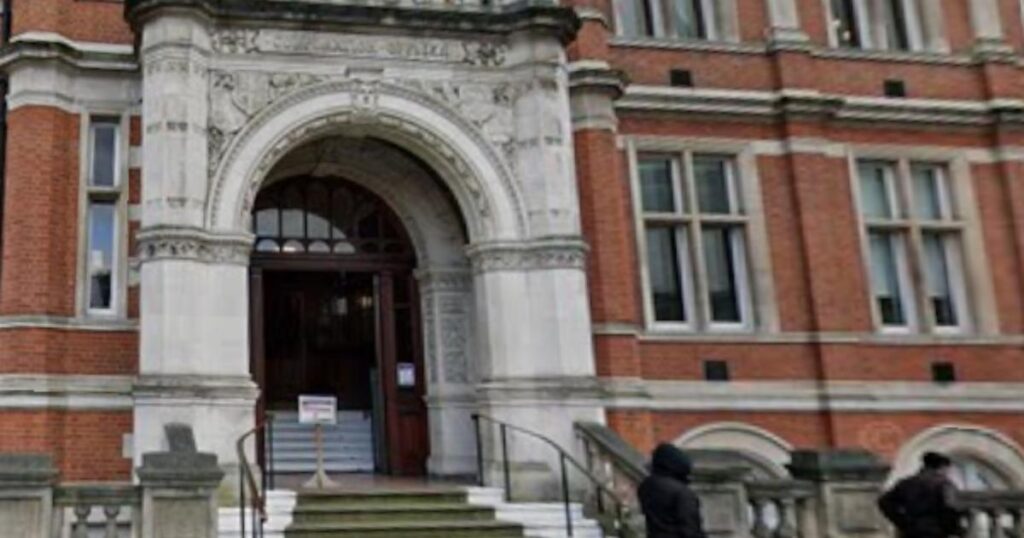On Friday (November 14), an inquest at Croydon Town Hall examined the circumstances surrounding the death of 48-year-old Tajinder Singh Gill in 2020.
Tajinder, who had lived in and out of supported accommodation, had long-term diagnoses of schizophrenia and depression, and had been under the care of Oxleas NHS Foundation Trust.
The court heard he had been reaching out for help “repeatedly” in the weeks leading up to June 2020.
His sister, Ms Gill, described him as “highly intelligent”, well-read and deeply caring.
She told the court he “must have read thousands of books in his lifetime” and had a passion for philosophy.
She said: “He was a genuine, caring, loving man, and it is just really unfortunate what happened to him.”
She told the court his mental health had declined over two decades and that he had been sectioned in 2016 after she intervened when she discovered he had been self-harming.
She added: “I managed to talk him down from that and get him to a hospital.
“His health was deteriorating.”
The court heard that Tajinder’s mental state fluctuated sharply between 2018 and 2020, including time spent in prison, supported accommodation at Chapel Hill, and periods staying with his parents.
Ms Gill said the family had repeatedly raised concerns that he was unsafe and needed more robust clinical oversight.
She said their father had been “afraid” due to Tajinder self-medicating with drugs bought online.
The judge questioned the sequence of events in April to June 2020, when Tajinder repeatedly presented to hospitals in distress but discharged himself before full assessments could take place.
Tajinder contacted his sister on June 10 saying he intended to take his own life, telling her he had “chickened out because I saw Dad”.
The next day, he asked her: “What would you do if I was not here?”
Ms Gill told the court: “I was so concerned about my brother dying that I started to see flashing lights in front of me.”
Dr Philip Steadman, from Oxleas, told the inquest he had been off sick with COVID-19 for several weeks at the start of the pandemic and returned to 990 urgent emails.
He said he was asked to carry out a full medical assessment for Tajinder and arranged it for June 12, which was the same day Tajinder died.
Dr Steadman admitted he never had the opportunity to meet him.
He said: “There was an awful lot happening at that time.
“It was a complete tragedy that Tajinder took his life.
“He went to the same university as I did and I did philosophy.
“I really think I could have bonded with him.
“It was so sad to hear what had happened.”
Coroner Williams told him: “What I find most concerning is that it was evident that the family were desperate and that Tajinder was becoming more and more distressed and seems to have fallen between the responsibility of the various institutions.”
The coroner accepted that the circumstances “could not have come at a worse time”.
Dr Steadman said: “I don’t think, looking at the reports at that time, there was clearly a concern, but I am not sure that I felt things were desperate.
“I certainly didn’t think he was going to take his life.”
The court heard conflicting accounts about how much information clinicians were given.
Tajinder’s parents had reportedly told staff he was “fine”, though the coroner noted this was said “under duress”.
Nurse Anastasia Ezeugwa, from Oxleas, told the court she had encouraged Tajinder to stay at Chapel Hill and had spoken to him on June 2.
She confirmed he had been given a letter by a Dr Hilton for his family to take to the police if his behaviour escalated, which the coroner described as “concerning”.
She received multiple calls from the family, including on June 10 when Ms Gill said she feared her brother would die.
Anastasia told the court she believed he was at risk of harming himself and expressed her condolences to the family during her evidence.
Another clinician assessed Tajinder and found he was not actively suicidal at that time.
She told the court: “He seemed fine.
“He was calm.”
She said he denied intentionally overdosing and insisted he had simply taken an extra dose after forgetting how much medication he had already taken.
Asked whether he met the criteria to be detained under the Mental Health Act, she said: “He did not give me any concerns.
“If he had told me he was suicidal, then yes, but he didn’t express loneliness.”
The hearing was adjourned with two witnesses still to give evidence.
It is expected to resume before Christmas.
If you are struggling with the issues raised in this article, you can contact Samaritans for support.
Call 116 123, email jo@samaritans.org, or visit samaritans.org to find your nearest branch.
Samaritans are available day or night, every day of the year.




